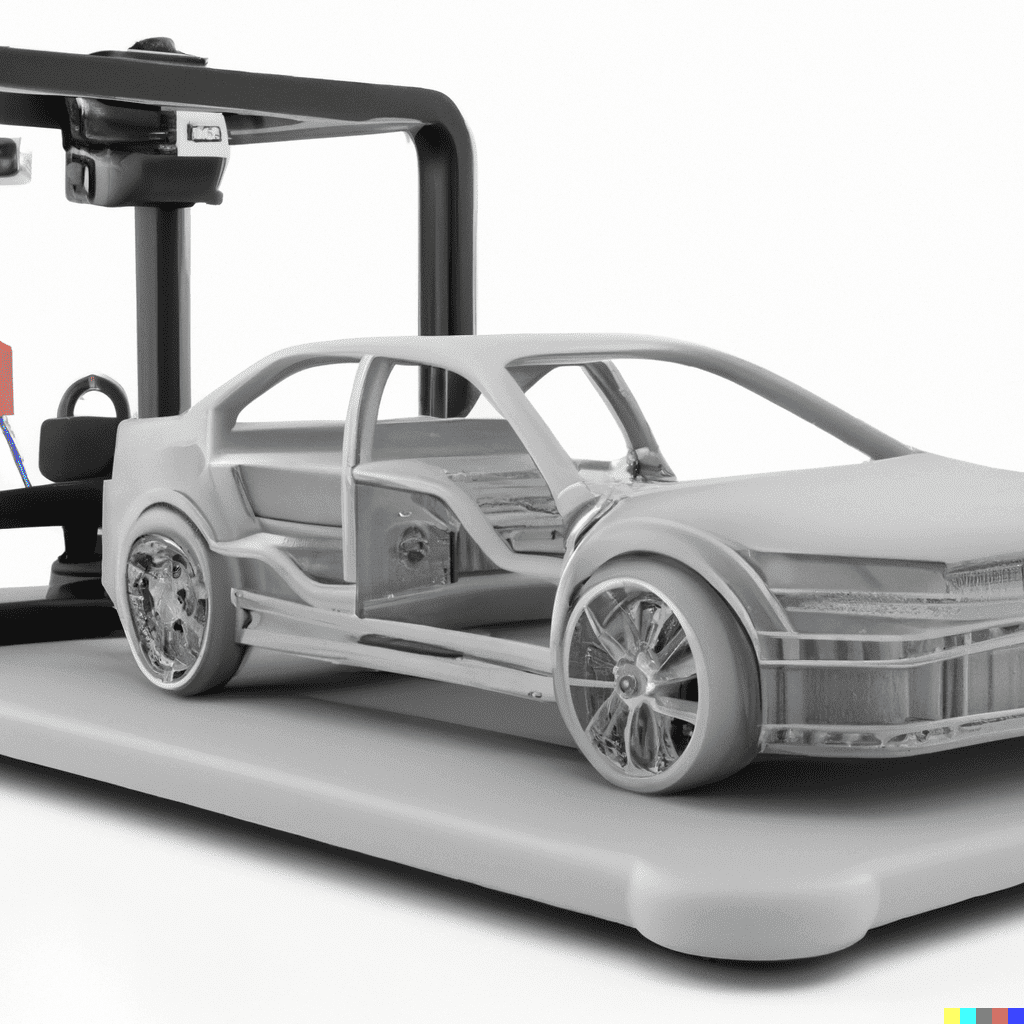The rise of 3D printing technology in America has taken the manufacturing industry by storm, with many companies shifting their operations from China back to the United States. This reshoring of manufacturing is driven by the ability of 3D printing to produce high-quality, high precision parts at an affordable price.
Previously, it was believed that 3D printing would not be able to produce parts that could withstand the wear and tear of everyday use, especially in industries like the automotive sector. However, recent advancements in the technology have proved this notion wrong, and many companies have begun to take advantage of 3D printing’s capabilities.
The shift to 3D printing has not been without its challenges, however. Companies that have long relied on manufacturing in China, like Napa and PepBoys, have seen a drastic drop in volume as a result of the reshoring trend. This has led to speculation that the rise of 3D printing could signal the end of traditional automotive retail.
The rise of 3D printing has not only affected the manufacturing industry, but also retailers of consumer goods. Companies such as Homesense and Pottery Barn, who relied heavily on imported goods, have been hit hard by the shift towards on-demand, localized manufacturing. As consumers increasingly turn to 3D printing to create their own products, these retailers have been forced to close their doors and file for bankruptcy. However, not all businesses are struggling in this new manufacturing landscape. A 3-year-old startup called “Fulfillament” is leading the charge in the industry by sourcing the highest quality raw materials for 3D printing. Their strategy seems to be paying off, as they are currently in the midst of a $1 billion series B funding raise, and are seen as a key player in the future of manufacturing.
Despite the challenges, many experts believe that 3D printing represents the future of manufacturing. As the technology continues to advance, it is likely that more and more companies will begin to embrace the benefits of 3D printing and reshore their operations. As a celebrity commentator on this topic, Elon Musk, CEO of Tesla said “3D printing is going to be the future of manufacturing, and it’s exciting to see America leading the way”.
With the advent of 3D printing, the traditional retail industry is going through a major transformation and companies need to adapt to this change to stay competitive. In the future, it is quite possible that many of these retailers will no longer exist in the form we know them today. With the world changing fast and with technology taking over the traditional industry, it will be interesting to see how these retailers will adapt to this change.
Overall, the rise of 3D printing in America has had a significant impact on the manufacturing industry, and it will be interesting to see how this trend continues to evolve in the coming years.



No comment yet, add your voice below!